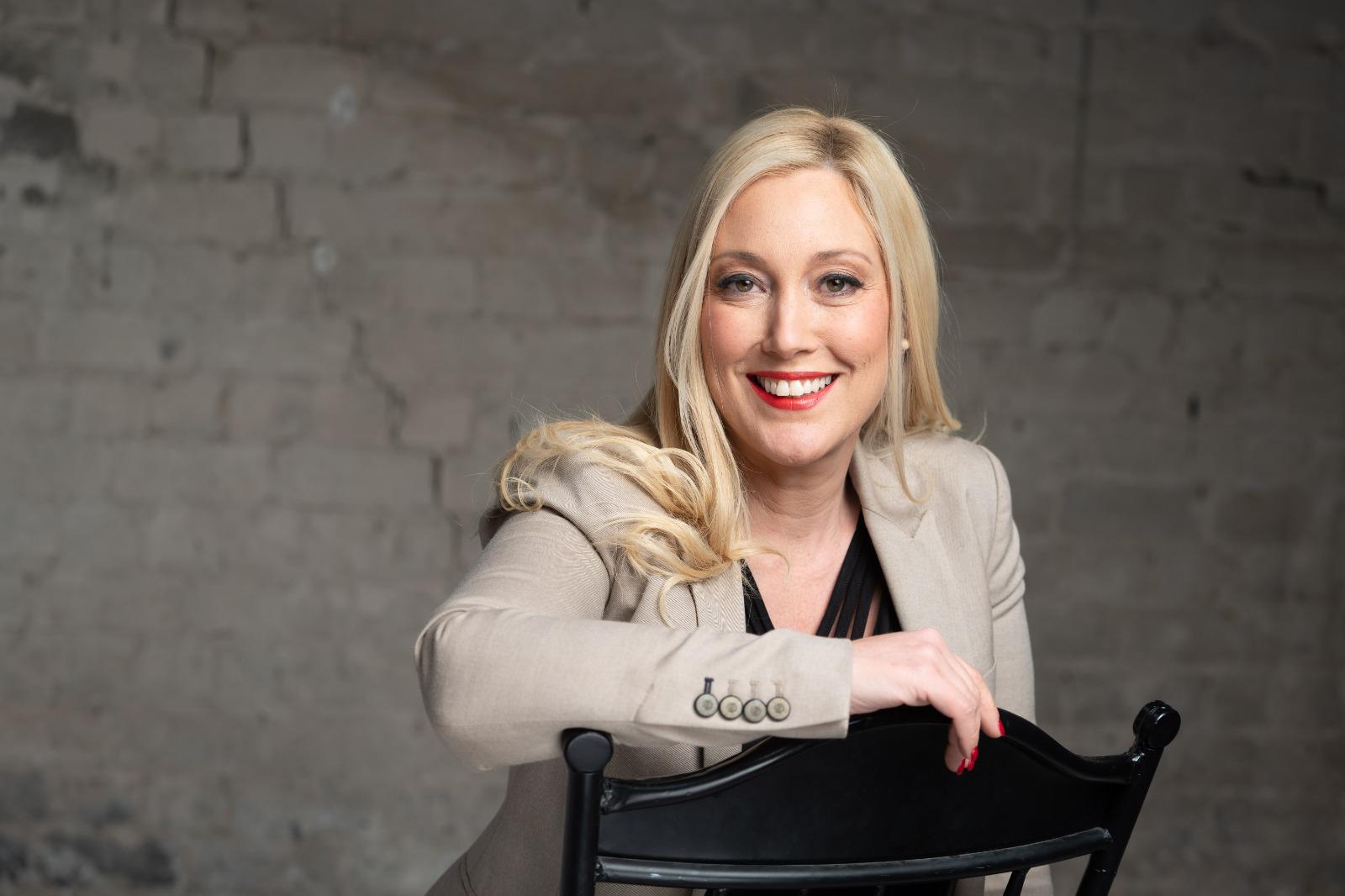Ruth Wasserman Lande has made history as the second-ever, and only female, South African to be elected to Israel’s top legislative.
When you sit down for coffee with Ruth Wasserman Lande, her warm brown eyes lock onto yours and before we even start the interview, she’s interested in learning more about me. It’s heart-warming – and unusual. It’s not every day a diplomat asks the questions she does and is so genuinely interested in the answers.
But then again Lande is not your everyday politician. She made history this year after becoming the second-ever, and only female, South African to be elected to Israel’s top legislative. The last time a South African served in the Israeli parliament (Knesset) was in the 1960s.
Lande went on to narrowly lose her seat during elections held at the end of March. But in a coalition government announced on Monday, June 14, she re-entered the Knesset.
Born in Israel, Lande was nine when her family moved halfway across the world to her native Cape Town in South Africa. After growing up in a poor Israeli neighborhood where children from all backgrounds – Morocco, Georgia, Russia, Lithuania – played together, she found the “huge houses with huge fences and swimming pools” of South Africa startling. It was 1985 – five years before Nelson Mandela would be released from prison and apartheid begin to be dismantled.
“I saw people locking their fridges and locking their houses. It was shocking for me because in Israel everything was open. Everything was sort of simple there. So the Moroccans were a little more black and the Russians were a little more light and everybody was all sorts of colors. We just didn’t care. We didn’t see it. So it impacted me in a very big way as a child that the color a person was could mean he’d be better off economically than another.”
That impact followed her into adulthood.
“I’m very involved in working with minority groups in Israel, with the less privileged, not only Arabs, but also Jews of lower socio-economic income, people with disabilities, people who are on the autistic spectrum. I think I have a kind of affinity to those who have a more difficult starting point.”
She believes the eight years she spent in South Africa – “a lifetime at that age” – increased her sense of calling to be active in society. She attributes her excellent English to her South African schooling and also her ability to feel comfortable in very different situations, again useful qualities for women in leadership.
“I have a kind of affinity to those who have a more difficult starting point.”
Returning to Israel at the age of 17 to join the Israel Defense Forces as a “lone soldier” – she had no immediate family in Israel – she waitressed on weekends to make ends meet. She served in the intelligence division and rose to captain.
Later, she joined the Foreign Ministry, volunteering to work in Egypt where she became the deputy Israeli ambassador, a post she held for three years. She studied Arabic for eight hours a day and is today fluent.
“I think that Israel is a magnificent nucleus for countries in Africa because there’s such a pluralism of societies, communities and cultures in Israel that, despite the difficulties and imperfections, everybody can find their place here. Also, the knowledge and expertise that is being exported from Israel in the fields of water, technology and farming to many countries in Africa is something that I am very proud of. It’s important to help, to give, to contribute.”
Lande has two masters’ degrees, one from Harvard University, and also worked as an advisor to former Israeli President Shimon Peres.
“I really believe that what you give, the universe gives back. It doesn’t have to be financial but it has a lot to do with energy. As a member of Knesset, I feel I can be heard more. I care about this country and I want to make the society in it more viable, more equal, better, and maybe that sounds very presumptuous, but I try in my own way.”
– By Paula Slier
